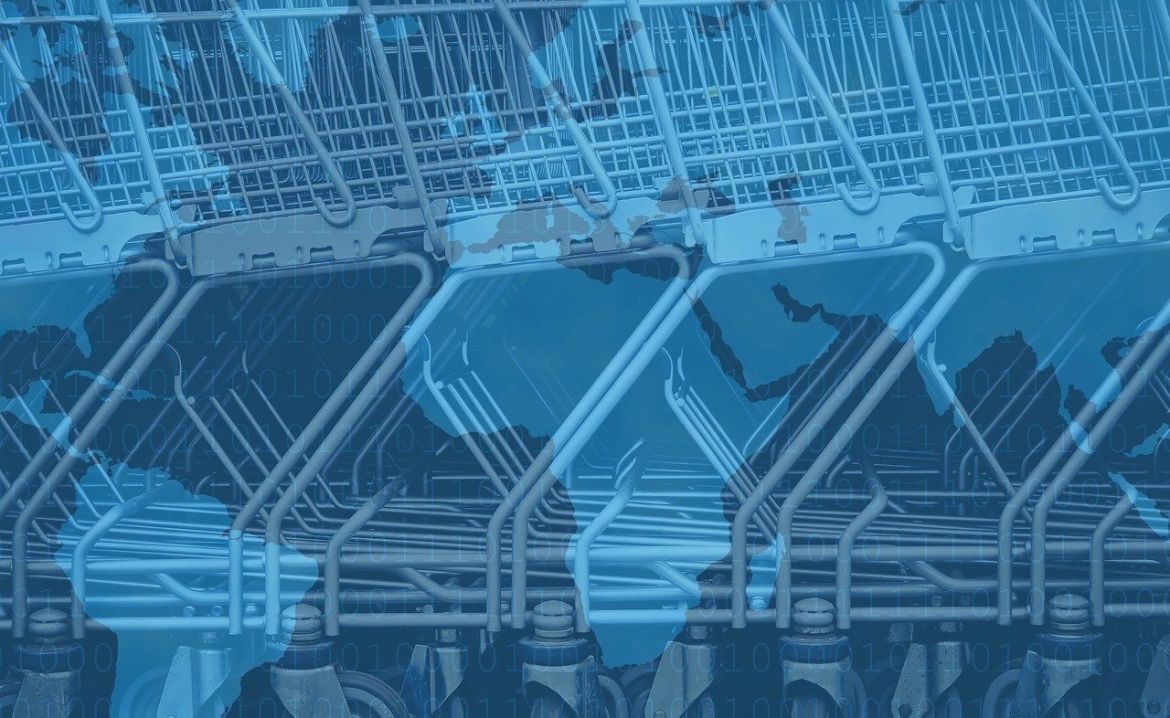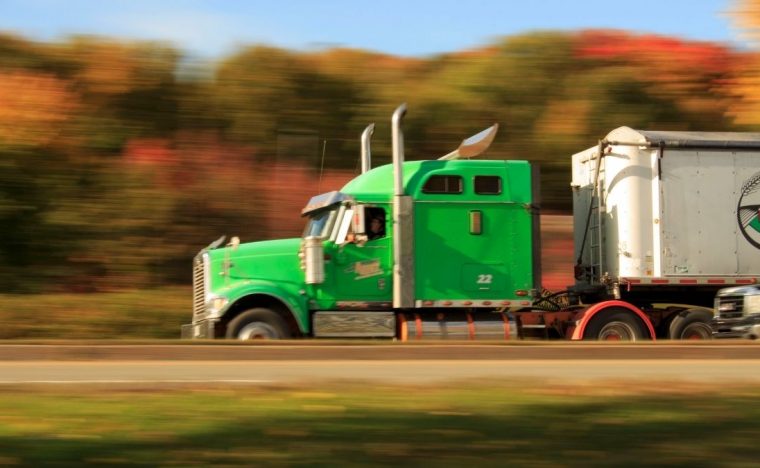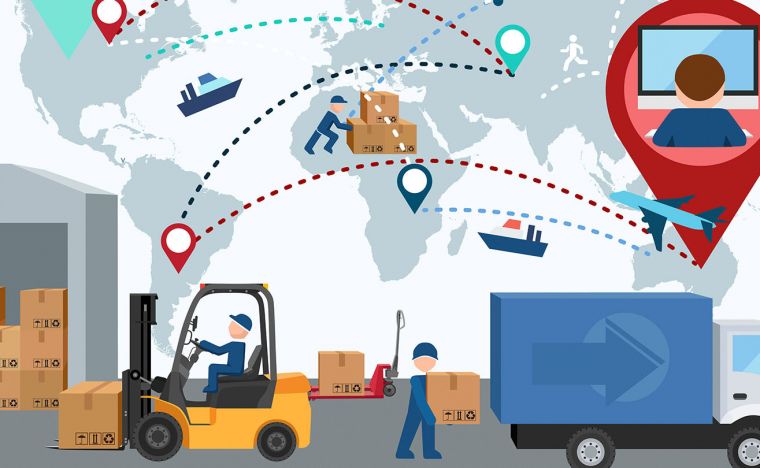Micro-fulfillment involves the use of very small-scale warehouses placed in accessible locations near to the end-consumer. It has been described by some as “AirBnB” for logistics. In the same vein as Airbnb, it has the potential to streamline and improve the business model.
How Micro-Fulfillment Benefits (MFC) the Supply Chain?
The micro-fulfillment center, or “MFC,” provides a high-end automated system that can help to complete orders and prepare them extremely close to the end-customer. Very often, this will also include the use of artificial intelligence (AI) and analytics to quickly provide the goods. Robot arms might be used to select the items, and huge rows of vertical shelves can be used to quickly carry goods around the facilities.
Retailers will then contract with local carriers to pick up the parcels and to deliver them to the nearby users. Consequently, this reduces costs and time. In particular, this will reduce the costs usually associated with last-mile delivery, particularly for online retailers.
What Are the Benefits?
This does more than simply saving some money. As a result, it has the potential to be transformative for the logistics industry and for many online retailers.
According to a report published by CommonSense Robotics, this has been a crucial step in helping grocers to meet the growing demands for online groceries. During the lockdown, this type of infrastructure has been tested to its limits. Therefore, it has been instrumental in getting food and other supplies to the people that need them – especially at-risk groups.
The year 2018 is viewed as a “turning point” for the grocery industry. Some of the biggest chains invested huge amounts into eCommerce. Companies including Target, Amazon, Kroger, and Tesco, have collectively invested billions into the industry.
There is stiff competition in this area. Some have described groceries as “the new oil,” with demand being greater than any other commodity annually. Companies such as Amazon, Walmart, and Google are competing to become key providers – with varying levels of success (Google has a particularly poor strategy). Even Uber is involved.
Food and Grocery
Food of course is particularly susceptible to traveling long distances owing to its perishable nature. It also doesn’t have the luxury of being suitable for long term storage. Having a single center that would send groceries across large distances and potentially even overseas is simply not a viable solution.
However, with micro-fulfillment centers, the food is ready and available close to the retailers that are extremely likely to offer the demand to match the supply. Consequently, the result is an extremely efficient model for businesses that allows them to compete with the old model of self-service for convenience and ease.
Of course, this also allows those companies to significantly reduce costs for customers, which makes the idea of shopping online for groceries all the more appealing.
Technology
The other key feature of micro-fulfillment centers is that they are largely “manned” by AIs and machinery to provide a nearly fully-automated service. This is something that makes a huge difference for businesses, as they are able to reduce the need for manual-picking. Manual picking refers to the need for human staff at fulfillment centers to manually look for and load individual items. This is necessary in the much larger fulfillment centers.
However, this process also costs the average company $5-$10 per delivery order! That’s a huge loss that could be nearly completely reversed. Combine this with the shorter last-mile delivery, and you could improve the service for the customers and drastically lower costs.
Is This the Future?
There is no getting away from the fact that more and more commerce is moving online. Likewise, more and more people are expecting the convenience of having their items delivered to their doors. While grocers, in particular, have attempted to offer curbside pickup as a means to make better use of their physical locations, this is not scalable in the way that home delivery is – nor is it preferred by the vast majority of customers.
Combine this with recent events that have highlighted just how underprepared many businesses were for an increase in online trade, and it becomes apparent that this is the future. Companies need to look into solutions like micro-fulfillment centers if they hope to compete in an increasingly digital age.
Ship Fortress LLC | Best Reefer Truckload | 3PL Warehouse Facility & Logistics in Milwaukee
Ship Fortress in Milwaukee understands every business has its own specific requirements. We customize and create solutions to meet each business unique needs. We truly do provide our clients with
- cost-effective delivery services
- flexible
- high-quality logistics solutions & LTL services
As a seamless extension of our clients’ business, we have a passion for exceptional customer service. Our experience and expertise allow us to provide multiple layers of client support services to propel businesses forward. Contact us for a FREE Quote.





